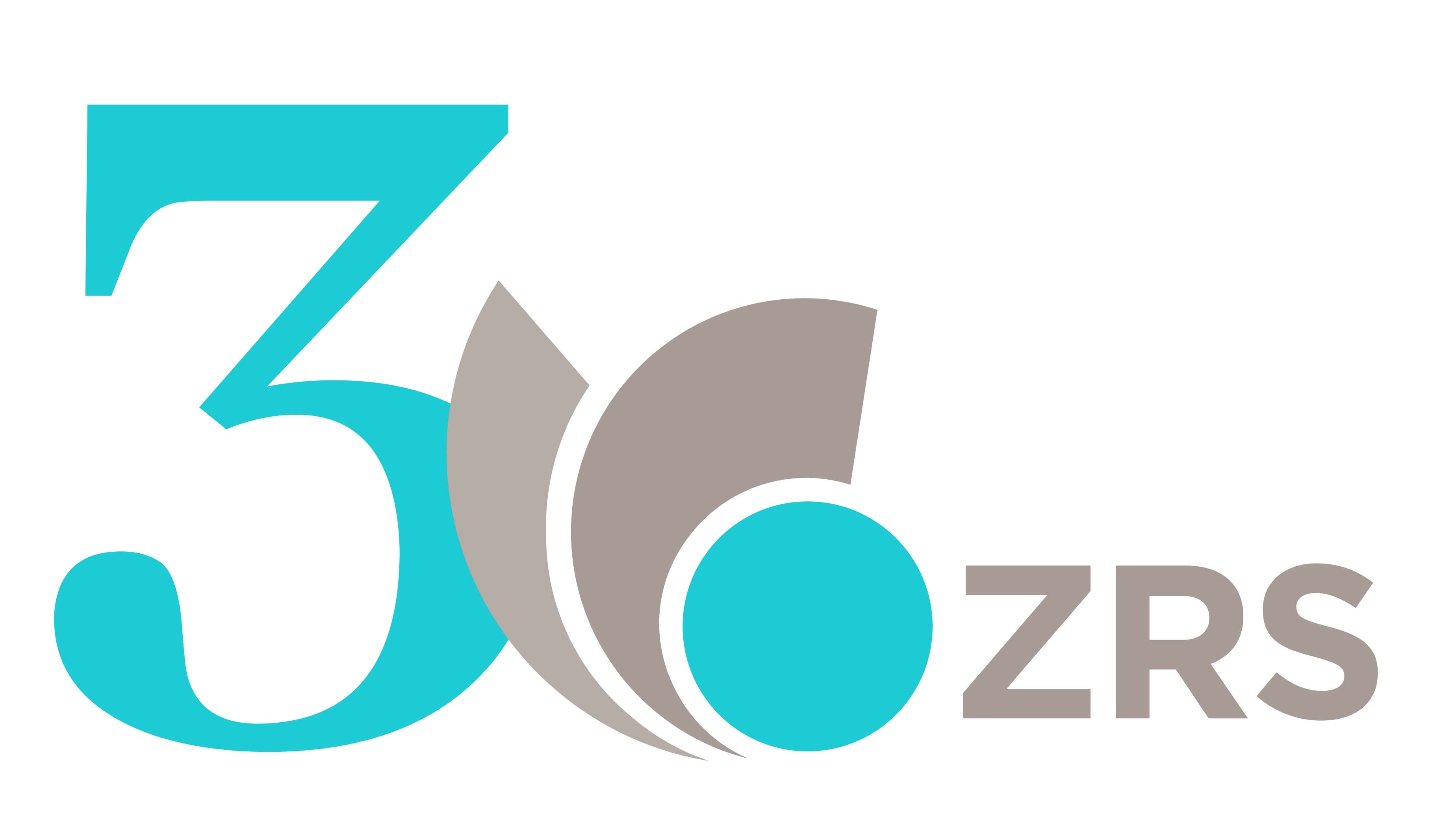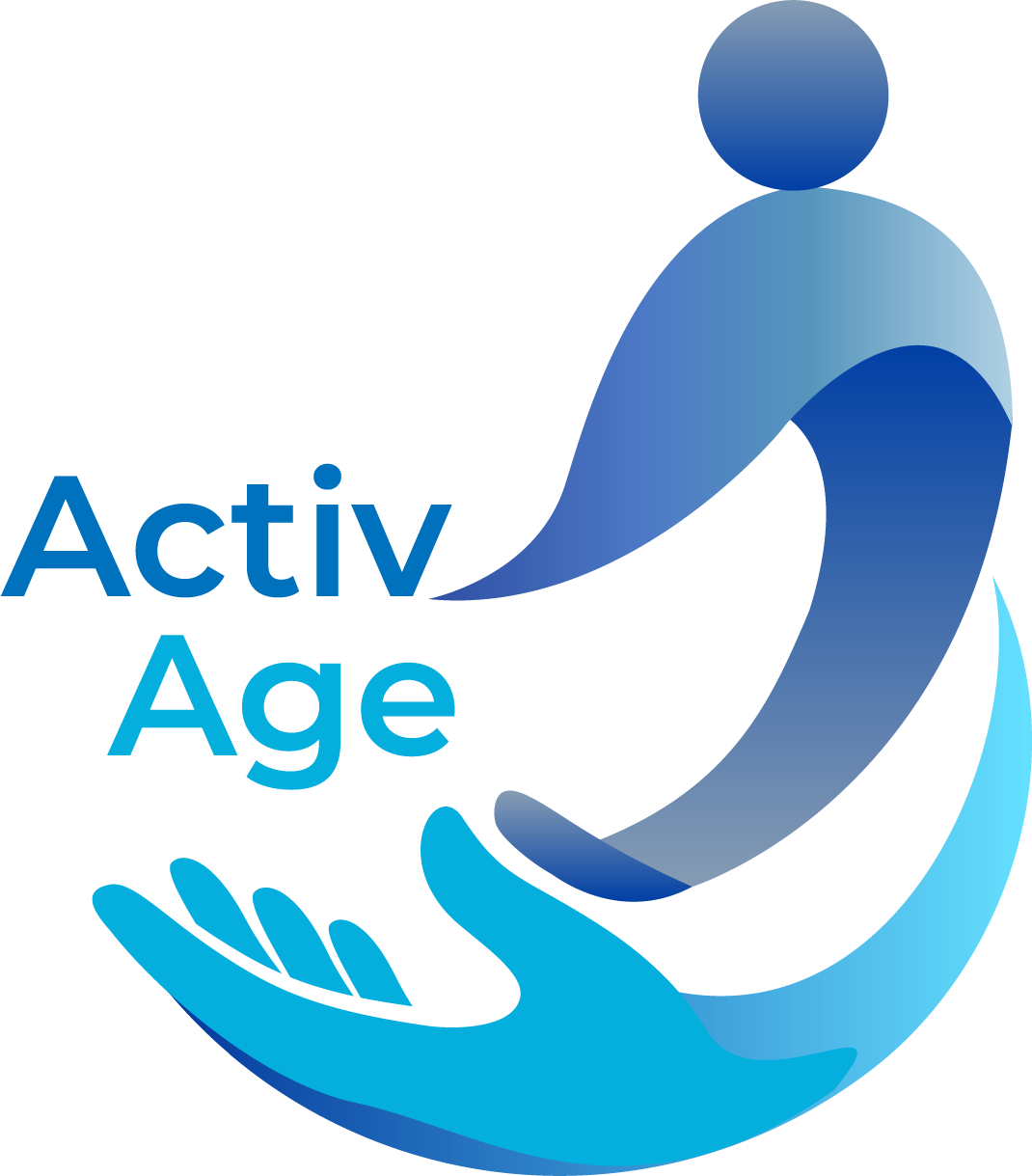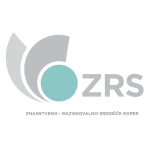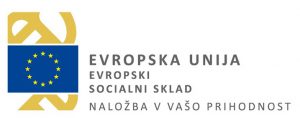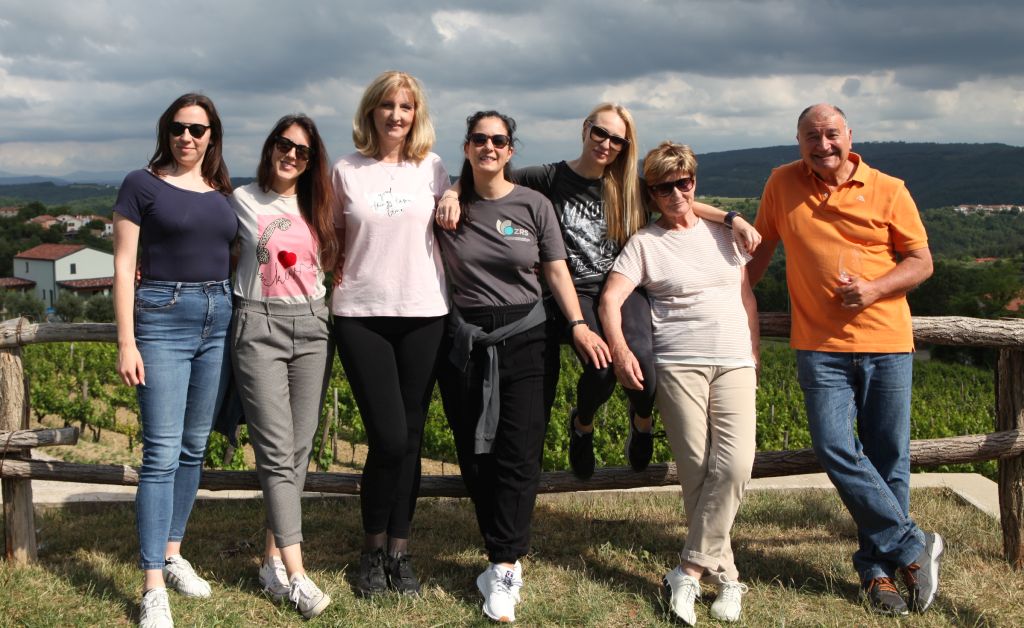
PRESENTATION
Who we are
The Institute focuses on studying the Slovenian linguistic situation in the Northern Adriatic region, which represents a linguistically complex region and cultural hub between the Central European and Mediterranean region. This area is discussed from the aspect of theoretical and applied linguistics as well as literary theory and literary history. The diachronic aspects are considered in studying interferential dialects within the scope of dialectology and etymological research, synchronous aspects are considered in socio-linguistic research in the field of language politics, Slovene and Italian languages in public use, expert languages and language technologies, in research in the field of studying Slovene and Italian languages as well as multilingualism as a social and cultural value of the European area.
Competences and achievements
The Institute is renowned mostly for its linguistic research of language and cultural contacts. The research of its members received the “Glasnik znanosti” award in 2007, 2009, 2011, 2012 and 2017 and two awards of the University of Primorska – the gold plaque in 2008 and the award granted by the Scientific Excellence Fund in 2010. Numerous fundamental, applied and developmental projects in dialectology and etymology were implemented (etymological and phraseological research of Slovenian Istrian speeches, linguistic links in the Istrian and Karst regions, Slovenian linguistic impacts on the Italian dialect in Trieste), sociolinguistics (multilinguistic corpus of tourist texts – information source and analytical database of Slovenian and cultural heritage, tourist terminology dictionary), learning and teaching languages (alphabetisation as adaptation, summer courses of Slovene language, efficiency of bilingual models of education in nationally mixed areas), intercultural understanding (languages as the bridge to intercultural understanding and communication, language as cultural cohesion and human capital, multilingualism in Europe as the treasury of immigration) and literary studies (Slovene literature in contact with the neighbouring literatures, imagological studies). Occasionally, the institute organises international scientific meetings “Slovenski dialekti v stiku” (Slovenian Dialects in Contact) and “Slovenski jezik v stiku” (Slovenian Language in Contact).
Mission and vision
The mission of the Institute is to become the referential scientific institution for researching linguistic and cultural contact in the south-western part of the Slovenian cultural area. Research will continue to focus on examining dialectal and etymological links as well as studying Slovene language in intercultural situations, multilingualism and interculturalism, communication abilities of Slovene and Italian as L1, L2 and foreign language, language in tourism and other professions and the contacts of Slovenian, Italian and Croatian literary heritages. The research will expand by applying new knowledge in the fields of linguistic and cultural vitality, especially immigrants and other minorities, personal development and healthy lifestyle, language of new media and language technologies.
Head: Vesna Mikolič, PhD, Principal Research Associate
E-mail: ijs@zrs-kp.si
Phone: +386 5 663 77 18
RESEARCHERS

Vesna Mikolič, PhD

Milan Bufon, PhD

Irina Moira Cavaion, PhD
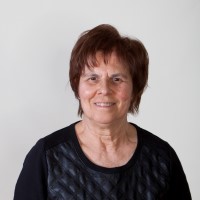
Rada Cossutta, PhD

Lucija Čok, PhD

Tina Čok, PhD

Diana Košir, MSc

Maša Rolih, PhD

Colin H. Williams, PhD
RESEARCH PROGRAMMES
Slovenhood dimensions between local and global at the beginning of the third millennium (P5-0409)
ARRS Code: P5-0409
Period: 1. 1. 2019 – 31. 12. 2024
Programme leader: Vesna Mikolič, PhD, Principal Research Fellow
ONGOING RESEARCH PROJECTS
Strengthening a (socio)constructivist approach in Slovenian border regions Primary Neighbouring Language (NL) teaching and learning through a co-constructed extension and evaluation of the CoBlaLT model (J6-3132)
ARRS Code: J6-3132
Period: 1. 10. 2021–30. 9. 2024
Project leader: Irina Moira Cavaion, PhD, Research Associate
Head of the project: Science and Research Centre Koper
Participating institute of ZRS Koper: Institute for Linguistic Studies
FINISHED RESEARCH PROJECTS
Slovenian Neighbouring Countries as the Content of the Curriculum of Primary and Secondary Schools in Slovenia (V5-1709)
The aim of the research project “Slovenian Neighbouring Countries as the Content of the Curriculum of Primary and Secondary Schools in Slovenia” is to present an analytical overview of how Slovene minority language communities settled along the Italian, Croatian and Hungarian neighbouring border areas are treated and presented through the prism of content defined by curricula in primary and secondary schools with respectively Slovene, Italian and Hungarian language. The findings of the research will introduce curricular renovation and implementation of changes in those primary and secondary schools curricula. In addition to the editing of the final proposal of curricular changes, the survey data of a sample made up both by school and the out-of-school population will analyse the knowledge about the Slovenian minority community and the views on the common Slovenian cultural space. Partners in the project (ZRS Koper, INV in Ljubljana and SLORI in Trieste) will collaborate in the implementation procedures further with the Office for Slovenians Abroad, the National Education Institute, the Ministry of Education, Science and Sport, and cultural societies and organisations in the Slovenian minority environment.
ARRS Code: V5-1709
Period: 1. 4. 2018–30. 9. 2019
Project leader: Milan Bufon, PhD, Principal Research Fellow
Head of the project: Science and Research Centre Koper
Participating institute of ZRS Koper: Institute for Linguistic Studies, Institute for Social Studies
CoBLaLT – Contact Based(Neighbouring)Language Learning and Teaching (Z6-8257)
The project proposes an investigation into possible implementations of the doctoral study about the CoBLaLT Model (Contact Based Language Learning and Teaching) – which represents an innovative methodological framework for primary Neighbouring Language teaching and learning, based on social integrative principles and Network Based Language Teaching, which has its origins within the Doctoral research “Teaching and Learning Primary Neighbouring Languages through Cross-border Contacts” (Cavaion 2105).
Implementations regard intercultural awareness development, pupils’ level of integrativeness and interactional skills development within a view of intercultural and plurilingual education, very much advised from the Language Policy Division of the Council of Europe (SE, 2007). In fact, within our doctoral research we identified as a result that integrative motivation (Gardner, Lambert 1972) more than instrumental motivation needs to be developed in order to make CoBLaLT model an efficacious tool of European citizenship development.
Results of the research speak in favour of the model from the viewpoint of stimulated Willingness to Communicate (MacIntyre et al., 1998) among participant pupils (aged between 12 and 15 years) and increased desire to learn the language of the neighbour – one out of the three elements which make up Gardner’s concept of integrativeness (Gardner, Lambert, 1972; Gardner, 1985, 2001, 2005). Nevertheless the following critical points have been identified:
- Not increased desire to meet and know “others”;
- Little intercultural and metalinguistic reflection in class in terms of intentional preparation (Bennett,2009) and capability to transfer intercultural awareness into life (Čok, 2009);
- Need to teach interactional skills as a systematic study of details of interaction to make communication less formulaic since the very early stage of language learning (Rivers, 1987, Young, 2011) and intercomprehension skills as a way to gain mutual understanding (Thije, Zeevaert, 2007).
Objectives:
- redefine tools and practice with a particular attention on implementations capable to bring improvement in terms of integrativeness (Gardner, Lambert, 1972) intercultural awareness and interactional skills development;
- assess and measure the above listed skills and awareness throughout the running of a new questionnaire about integrativeness (adapted from the Gardners’s one – Gardner, Lambert, 1972); the application of already existing scales “measuring” intercultural sensitiveness like the Hammer, Bennett and Wiseman’s Intercultural Developmental Inventory (IDI, Hammer, Bennett and Wiseman, 2003); qualitative observation and qualitative and/or quantitative analysis of interactional situations, like video calls or chat to check Interactional skills development;
- provide a teachers’ guide to the model by providing the CoBLaLT model – Guide for teachers and a final version of the Autobiography of cross border encounters with guidelines for pupils and teachers.
ARRS Code: Z6-8257
Period: 1. 7. 2017 – 30. 06. 2019
Project leader: Irina Moira Cavaion, PhD, Assistant with Doctorate
Participating institute ZRS Koper: Institute for Linguistic Studies
Tripoint over Time: the Case of Linguistic Intertwining in the Slovene, Austrian and Italian Borderland (N6-0036)
The proposed project is set in the context of audio-visual recording of Slovene dialects and vernaculars in the linguistically diverse Alpine Adriatic Tripoint area lying at the juncture of Slavic, Romance and Germanic world. This remarkable example of different languages and dialects coexistence and rich cultural heritage remained fairly unexplored from the linguistic, especially lexical, point of view. With the aim of preserving the marvelous cultural heritage of the area, this project research seeks to use the gathered vocabulary to reconstruct the story of local people.
The project goals include: (1) dialectological field research in five research points of the Tripoint area (Log pod Mangartom in Posočje Valley, Ugovizza in Valcanale Valley, Rateče in Zgornjesavska Valley, Ahomitz and Feistritz in Gailtail Valley); (2) production of a visual film documentation with ethnological content and a demonstration of the Tripoint vernaculars which are daily subjected to interference influences in the multilingual environment; (3) textual appendix with a phonological transcription of film recordings together with their translation into standard languages (Slovene, Italian, English); (4) preparation of a book edition of the Slovene Dialectological Lexical Atlas of the Tripoint SDLA-TRIP I based on the gathered field material.
ARRS Code: N6-0036
Period: 1. 9. 2015 – 31. 8. 2018
Project leader: Rada Cossutta, PhD, Principal Research Fellow
Participating institute ZRS Koper: Institute for Linguistic Studies
Slovene national identity in the light of tourist discourse (J6-5560)
Nowadays, the global market pushes the national and the regional area towards greater recognisability. The public debate in Slovenia has pointed at the low identification level of the population of Slovenia with elements of Slovene culture, and therefore a weaker recognisability of Slovenia in the international environment. This leads to a dispersion of social objectives which guide the economic and general social development, although the Development Strategy for Slovenia defines identity, recognisability and reputation of the country in the international environment as the developmental strategic goal of Slovenia. Also, some results taken from the Marketing Strategy of Slovene Tourism 2007-2011 state that Slovene tourism does not have a clearly defined message and identity, and does not have a recognisable story or benefits related to it. Similarly, the “Proposal for the Development Strategy of Slovene Tourism 2012-2016” defines as one of the main substantive goals the visibility of Slovenia in the world.
On the basis of common agreement, expressed in discourse, national communities choose those national attributes that represent their permanent identification within its borders as well as in relation to other countries. This means they accept them as values that define it as a national community and guide its social development, while making use of them as elements of international recognisability, also for tourist promotion. This holds true especially in the contemporary processes of constant contact between languages and cultures, accelerating the formation of ideas about a community’s national identity. In tourism, this is reflected in the so-called country branding, i.e. the formation of a brand of a country as a tourist destination.
The objective of the research is to shed light on the construction of Slovene national identity, using the example of tourist texts, and to point at their influence on the representation of national identity in general. With this aim, an interdisciplinary (linguistic, historical, geographical, sociological) analysis of documents, linguistic and discourse analysis in the Multilingual Corpus of Tourist Texts and other tourist texts and an analysis of results of a public opinion poll will be carried out. On this basis, key attributes of Slovene national identity will be identified and a strategy for their dissemination in public will be prepared, with special emphasis on the young generations. The ultimate aim of the project is to produce long-term strategic development guidelines of the country, related to its national attributes, and communication strategies for the promotion of national attributes in the international arena.
The results of the project can, in this respect, be divided into three categories:
a) completed interdisciplinary analysis of documents, linguistic and discursive analysis of the TURK multilingual corpus and other tourist texts, analysis of the results of opinion polls,
b) identification of key national attributes of Slovenia at the beginning of the 21st century, including a strategy for their promotion and dissemination to the public, as well as further monitoring of its development,
c) the creation of long-term strategic guidelines for social development and design of communication strategies for the promotion of national attributes in the international arena.
The project results will represent the basis for strategic decisions and decisions on the design of social policies and will therefore form the basis for long-term prosperity and sustainable development of Slovenia. The project results will also have a direct impact both on increasing the competitiveness and social cohesion of Slovenia. This is particularly important in the current circumstances of social and economic crisis, when saving is necessary, but so is planning long-term economic growth. The devised methods will enable longitudinal monitoring of the development of Slovene national attributes.
ARRS Code: J6-5560
Period: 1. 8. 2013 – 31. 7. 2016
Project leader: Vesna Mikolič, PhD, Principal Research Fellow
Participating institute ZRS Koper: Institute for Linguistic Studies
ONGOING INTERNATIONAL RESEARCH PROJECTS
Zgodbe o ribištvu Slovenske Istre skozi čas
Zgodbe o ribištvu Slovenske Istre skozi čas
Glavni cilji projekta so spodbujanje socialne blaginje in ravni kvalitete življenja prebivalcev obmorskih občin, revalorizacija ribištva kot gospodarske, turistične in poklicne dejavnosti ter varstva kulturne dediščine na ribiških območjih.
ESPR- Evropski sklad za pomorstvo in ribištvo
Project duration: 1. 10. 2021 – 30. 6. 2023
Project leader at ZRS Koper: dr. Lucija Čok
Participating institute at ZRS Koper: Inštitut za jezikoslovne študije
Project partners:
- Znanstveno-raziskovalno središče Koper
- Srednja šola Izola
- Salladia d.o.o.
- CAN Isola / ISNS Izola
- TZ Izola
ActiveAge
ActiveAge
European commission: Erasmus+ KA204 Strategic Partnership for adult education.
Project start: 1. 9. 2020
Project duration: 24 mesecev
Project leader: prof. dr. Vesna Mikolič
Participating institute of the SRC Koper: Inštitut za jezikoslovne študije
Project partners:
- Università Telematica Internazionale UNINETTUNO (R1m, Italija) – vodilni partner
- FIN Plus (Trst, Italija)
- Lunga Vita Attiva (Trst, Italija)
- Institut Catholique de Lille (Lille, Francija)
- Univerza v Mariboru (Maribor, Slovenija)
- Znanstveno-raziskovalno središče Koper, Inštitut za jezikoslovne študije (Koper, Slovenia)
JeŠT - Languages Matter
Languages Matter
Project start: 1. 4. 2017
Project duration: 62 months
Project leader at ZRS Koper: Lucija Čok, PhD, Principal Research Fellow
Participating institute ZRS Koper: Institute for Linguistic Studies
Structural Funds of the Ministry of Education, Science and Sport: Development and implementation of innovative learning environments and flexible forms of learning to raise general competencies. 1.3 Plurilingualism
The project is co-financed by the European Social Fund (ESF) and the Ministry of Education, Science and Sport.
The applied project ESS MIZŠ JEZIKI ŠTEJEJO – LANGUAGES MATTER strives to promote learning environments in which children in kindergartens, pupils of primary schools and students will acquire a multilingual competence, that is new knowledge, points of view and skills, and at the same time accelerate the democratic processes in a multicultural society. The project includes 35 partners: kindergartens, primary and secondary schools, universities and research institutes from all regions of Slovenia. All the languages of schools in Slovenia, other languages, foreign and classical languages are included, conceiving also all immigrant children’s first languages included in the school system. The design and vision of the six-year project is so broad and worthwile that hopefully it will also include possible new languages and all communities that are located in Slovenia and other contexts that promote and support multilingualism and interculturalism.
With its modern and innovative web portal, the project’s long-term goal is to overcome the distinction between linguistic and non-linguistic subjects by promoting plurilingualism and developing digital competences to connect different subject areas with all the languages present in the Slovenian environment. Furthermore, the project aims to reach beyond the educational context into local communities and thus give meaning to both subject content and competence development.
ONGOING INTERNATIONAL RESEARCH PROJECTS
MiR - Sea and river, "mlinščice" and Rižana river
Sea and river, “mlinščice” and Rižana river
Project start: 1. 4. 2018
Project duration: 32 months
Project leader at ZRS Koper: Vesna Mikolič, PhD
Participating institute ZRS Koper: Institute for Linguistic Studies
The project is indirectly financed by the European Regional Development Fund (ERDF).
